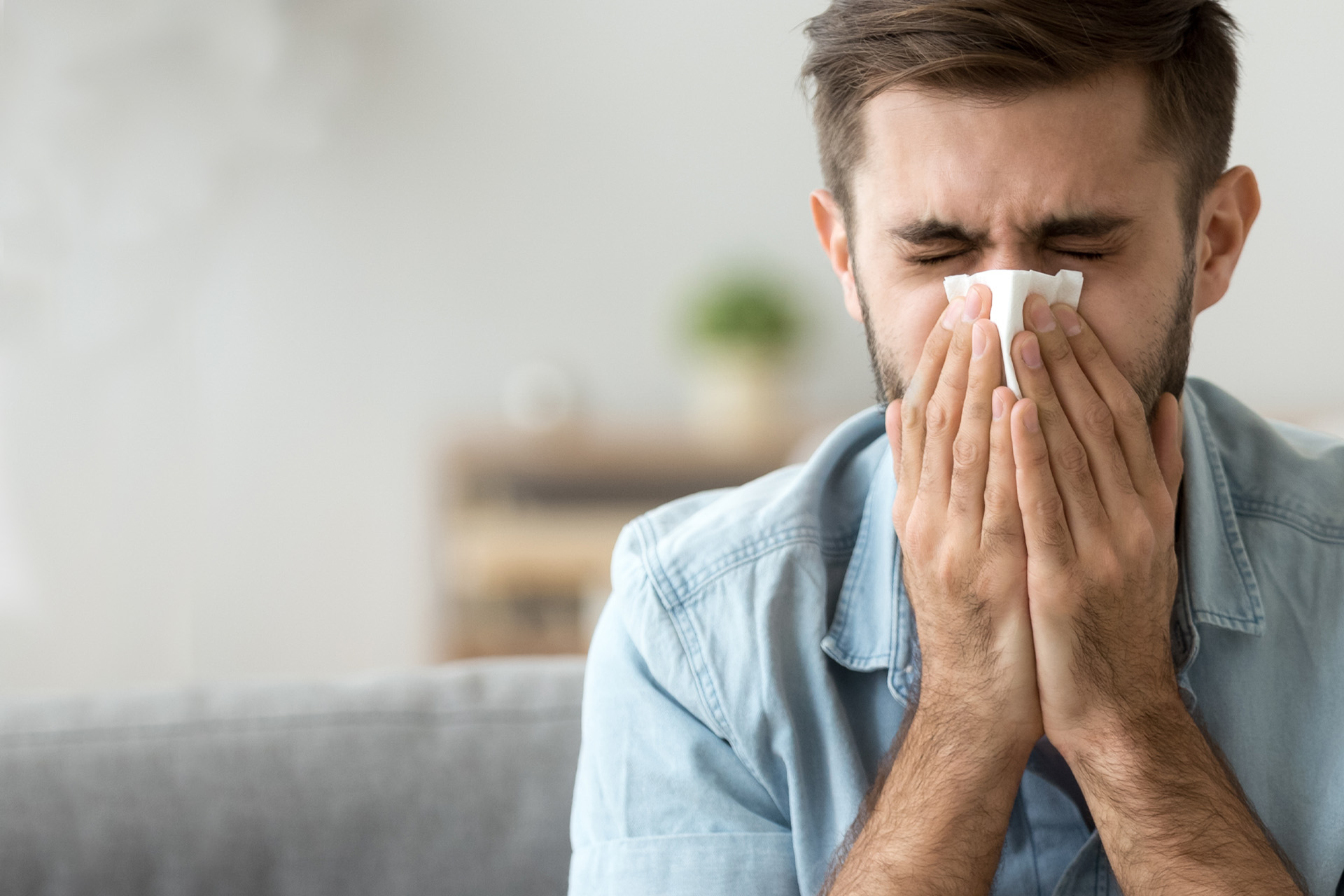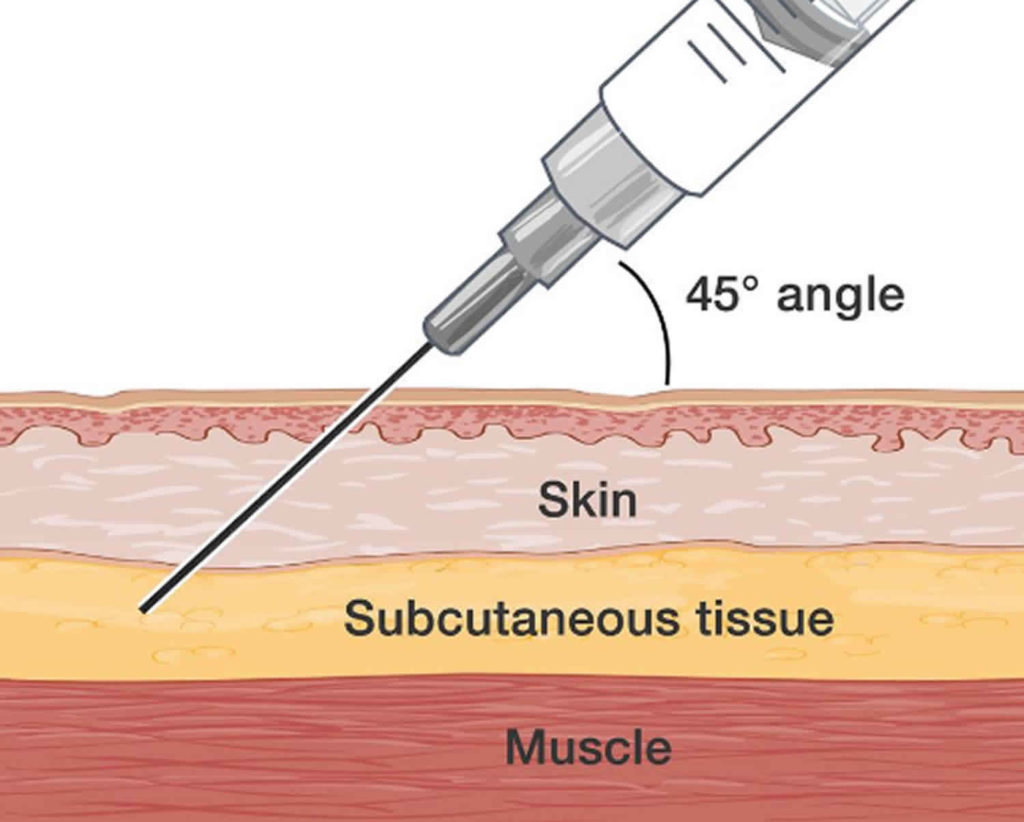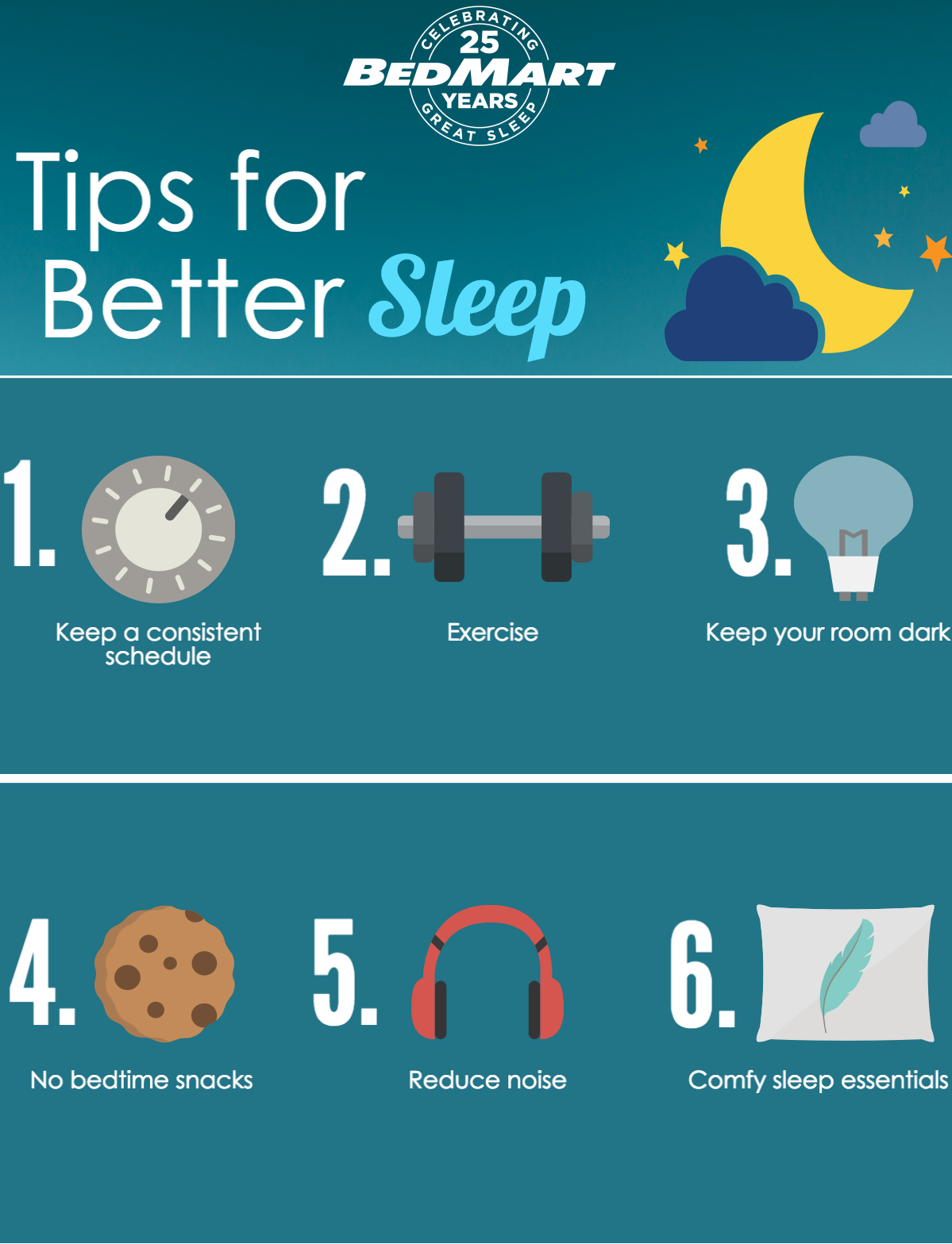Mouth Dryness With Cpap

Mouth dryness, also known as xerostomia, is a common issue faced by many individuals who use Continuous Positive Airway Pressure (CPAP) therapy to treat sleep apnea. CPAP works by delivering a constant flow of pressurized air through a mask that covers the nose and sometimes the mouth, keeping the airway open and preventing the collapse of the tissues in the throat that can cause apneas. However, this constant flow of air can have the unintended consequence of drying out the mouth, leading to discomfort and potentially contributing to other oral health issues.
The dryness is primarily due to the air flowing through the mouth, bypassing the natural humidification process that occurs when air passes through the nasal passages. The nasal cavity is rich in blood vessels and mucous membranes that warm, humidify, and filter the air we breathe. When air enters through the mouth, it doesn’t receive the same level of humidification, and the constant flow of dry air can strip the mouth of its natural moisture.
Several factors can exacerbate mouth dryness in CPAP users:
- Mouth Breathing: If the CPAP mask is not fitted correctly or if the user breathes through their mouth during sleep, the dry air can directly enter the mouth, increasing the likelihood of dryness.
- Pressure Settings: Higher pressure settings may increase the flow of air through the mask, potentially leading to more significant dryness.
- Humidification Settings: If the CPAP machine’s humidifier is not set correctly or if the user doesn’t use a humidifier, the air delivered can be very dry.
- Climate: Living in a dry climate or using CPAP in an air-conditioned room can further reduce the humidity of the air, exacerbating dry mouth.
The consequences of untreated mouth dryness can be significant, including:
- Discomfort and Pain: Dryness can lead to soreness and discomfort in the mouth and throat.
- Increased Risk of Tooth Decay: Saliva helps neutralize acids and remineralize teeth. Reduced saliva flow can increase the risk of tooth decay.
- Gum Disease: Dry mouth can lead to an increased risk of gum disease due to the lack of saliva’s protective effects.
- Halitosis (Bad Breath): Dry mouth can cause bad breath as bacteria thrive in a dry environment.
- Difficulty Swallowing: In severe cases, dryness can make swallowing difficult.
To combat mouth dryness associated with CPAP use, several strategies can be employed:
1. Use a Humidifier
Most modern CPAP machines come with a built-in humidifier. Adjusting the humidification settings can help add moisture to the air, reducing dryness. There are also external humidifiers that can be used in conjunction with older CPAP models.
2. Heated Humidification
Some CPAP machines offer heated humidification, which can be more effective than cool mist humidifiers in maintaining a comfortable level of moisture during sleep.
3. Chin Strap
Using a chin strap can help keep the mouth closed during sleep, ensuring that air flows through the nose and reducing mouth breathing.
4. Full-Face Mask
Switching to a full-face mask that covers both the nose and mouth can help direct the airflow through the nasal passages, potentially reducing dry mouth.
5. Saline Rinses and Moisturizers
Using saline rinses or oral moisturizers before sleep can help keep the mouth moist and comfortable.
6. Regular Dental Check-Ups
Given the increased risk of oral health issues, regular dental check-ups are crucial for CPAP users experiencing mouth dryness.
7. Adjust Pressure Settings
Working with a healthcare provider to adjust CPAP pressure settings may help reduce the flow of dry air.
Mouth dryness associated with CPAP use is a treatable condition. By understanding the causes and implementing the right strategies, individuals can mitigate the discomfort and potential oral health risks associated with dry mouth, ensuring they can continue to benefit from CPAP therapy while maintaining good oral health.
What are the primary causes of mouth dryness in CPAP users?
+The primary causes include mouth breathing during CPAP use, high pressure settings, inadequate humidification, and environmental factors such as living in a dry climate.
How can I prevent mouth dryness while using CPAP?
+Using a CPAP machine with a built-in humidifier, adjusting the humidification settings, using a chin strap to prevent mouth breathing, and practicing good oral hygiene can help prevent mouth dryness.
Are there any long-term oral health risks associated with mouth dryness from CPAP use?
+Can I use over-the-counter mouthwashes or moisturizers to help with dry mouth?
+Yes, saline rinses and oral moisturizers can provide temporary relief. However, it's essential to consult with a healthcare provider or dentist to find the most suitable product for your specific needs.
How often should I visit my dentist if I'm experiencing mouth dryness from CPAP use?
+In conclusion, while mouth dryness is a common issue for CPAP users, it is not an insurmountable problem. By understanding the causes and taking proactive steps to manage dryness, individuals can ensure that their CPAP therapy is effective and comfortable, while also protecting their oral health. Regular communication with healthcare providers and adherence to good oral hygiene practices are key to mitigating the risks associated with mouth dryness and enjoying the benefits of uninterrupted, restful sleep.


